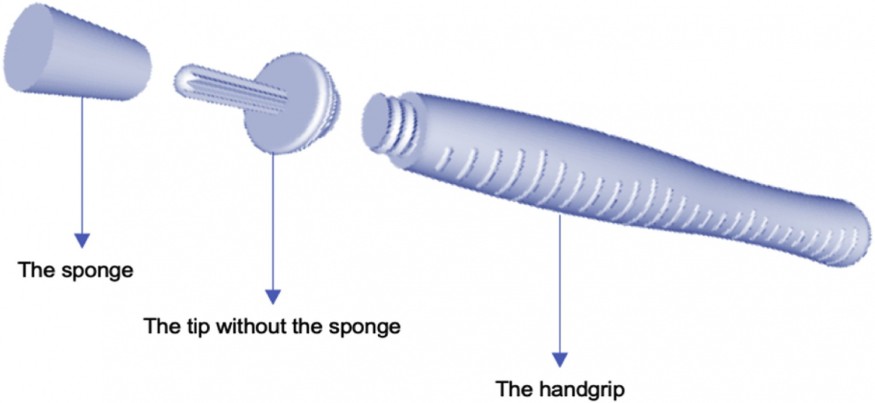Measuring stress hormones are associated with several health issues such as heart disease, obesity, stroke, and many others. An international group of researchers developed a new method to measure stress levels with a device that collects ear wax.
Their study was recently published in the journal Heliyon, describing a non-invasive method to monitor depressions and conditions associated with stress levels. Previous methods typically involve a blood test and analyzing biomarkers associated with diseases.
Moreover, the device, developed by the company Trears, has the potential to measure glucose levels for diabetic patients. Coronavirus antibodies can also be measured by earwax buildup.
Measuring Cortisol Levels
Cortisol, or a steroid hormone, is a common factor of stress levels which also fuels our fight-or-flight instincts. High cortisol levels are typically linked to weight gain, acne, fatigue, mood swings, high blood pressure, and other symptoms.
There are also many factors affecting cortisol levels such as diet, smoking habits, alcohol intake, exercise, and a variety of daily stressors. Serum or saliva samples also don't entirely represent "the long-term systemic level of cortisol," wrote the authors.
Dr. Andres Herane-Vives from King's College London explained that previous methods of extracting cortisol samples are not always accurate and conducting blood tests can influence stress levels especially if the patient hates needles. Another common technique is collecting hair samples, but not all patients have enough hair for accurate results either.

Trears Device
Cortisol levels from earwax samples are more stable. Moreover, the Trears device can easily "take a sample and get it tested quickly, cheaply, and effectively."
Dr. Herane-Vives was inspired by the concept of beeswax - which is a natural preserver and is bacteria-resistant. The same properties are found in human earwax where samples can be sent to labs with a low risk of contamination.
The device is similar to earbuds or a cotton swab with a brake to prevent inner ear damage. The tip is made of an organic sponge with a solution that can effectively collect earwax samples.

The initial study included 37 participants where the team tested various cortisol sampling techniques. Compared to hair samples, the earwax samples had a higher percentage of cortisol. Participants also rated the new device as more comfortable than the former methods.
"Cortisol in the ear, however, is directly secreted into the external auditory canal by the ceruminous glands," explained the authors. Serum (SCC) Cortisol Concentration "exhibited the largest cortisol concentration, likely because the adrenal glands directly deliver all cortisol secretion into that fluid in a noncompartmental model," but is a much more expensive process than the earwax device.
Dr. Herane-Vives shared that the next steps include conducting a larger clinical study and launching the device commercially. "We hope to transform diagnostics and care for millions of people with depression or cortisol-related conditions such as Addison's disease and Cushing syndrome, and potentially numerous other conditions," he said.
Check out more news and information on Cortisol on Science Times.












